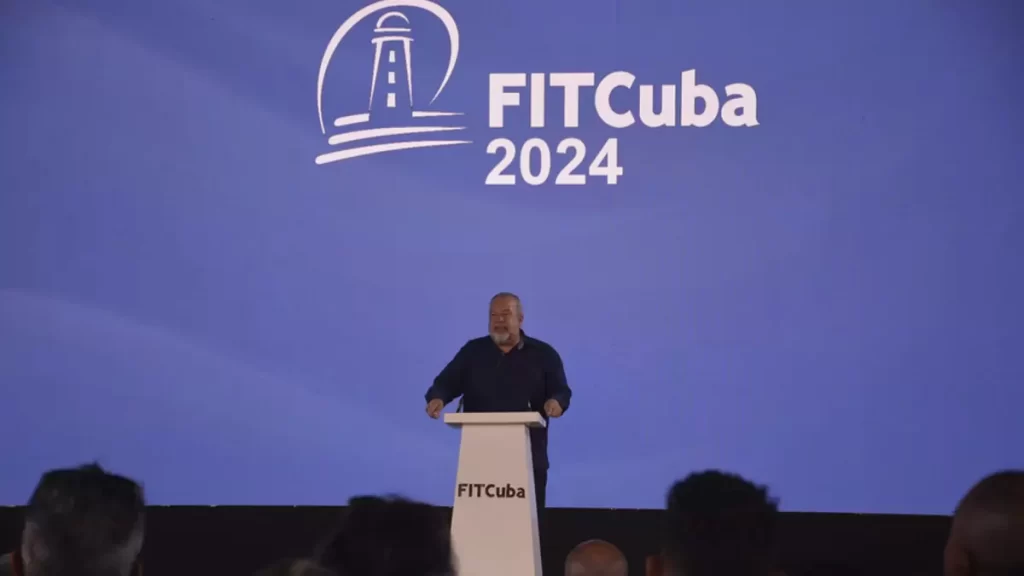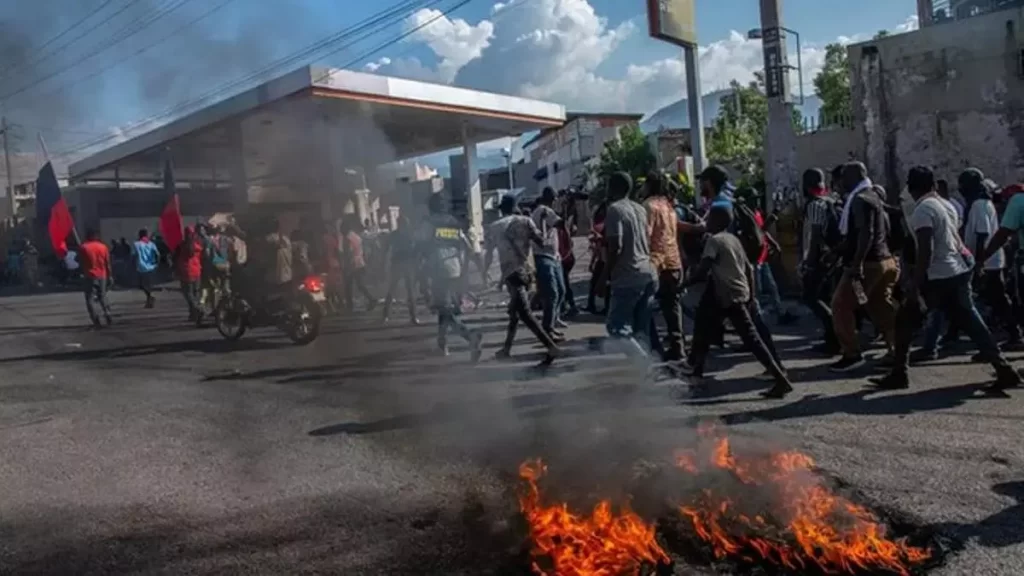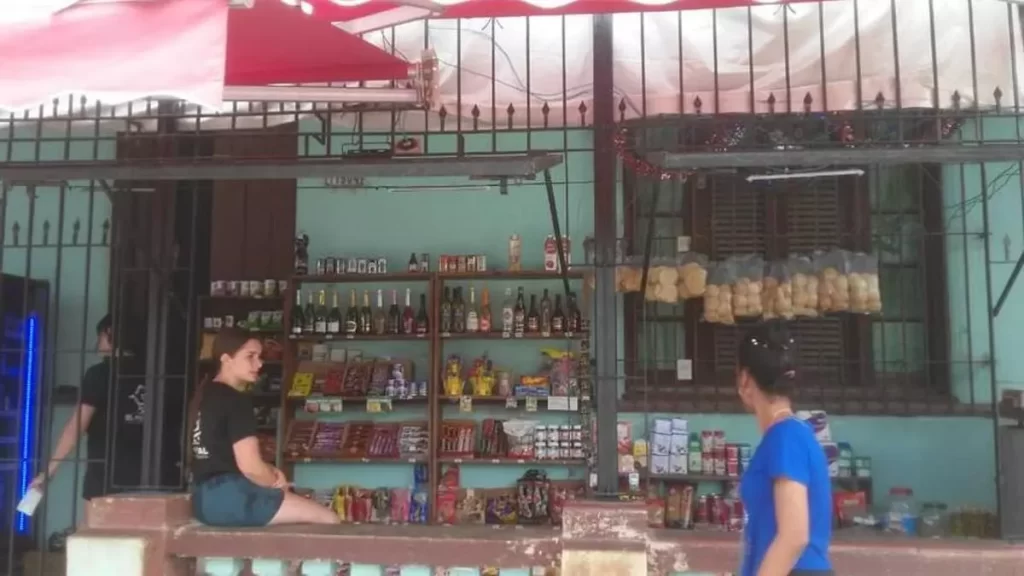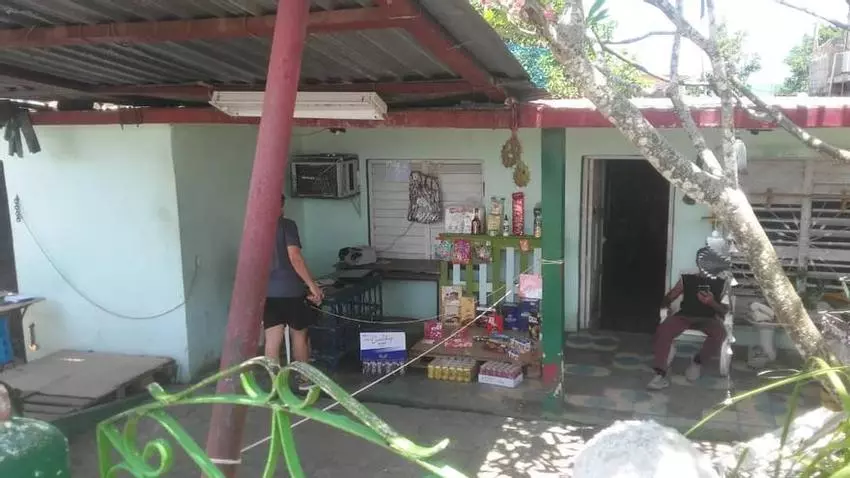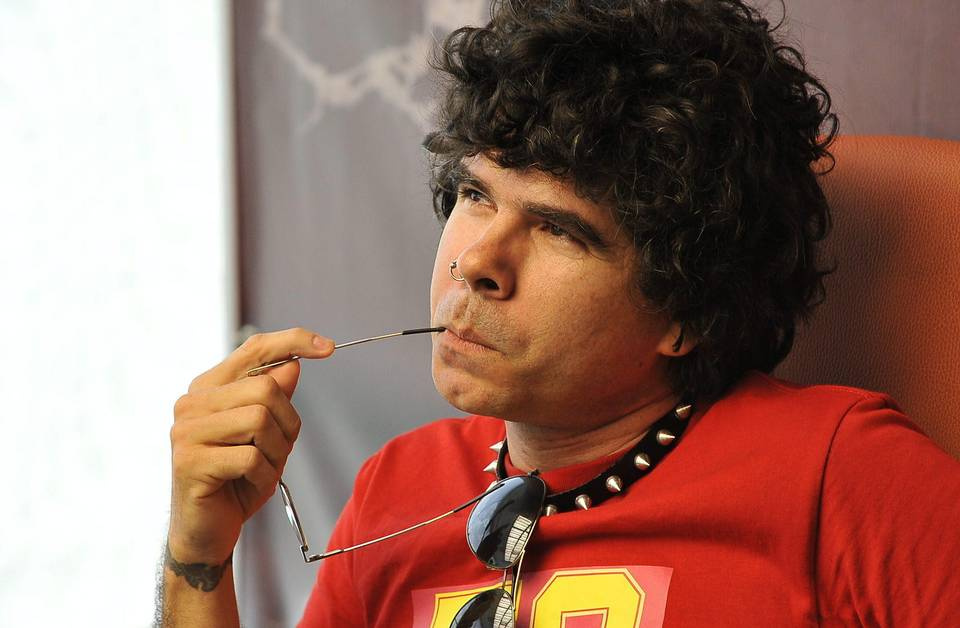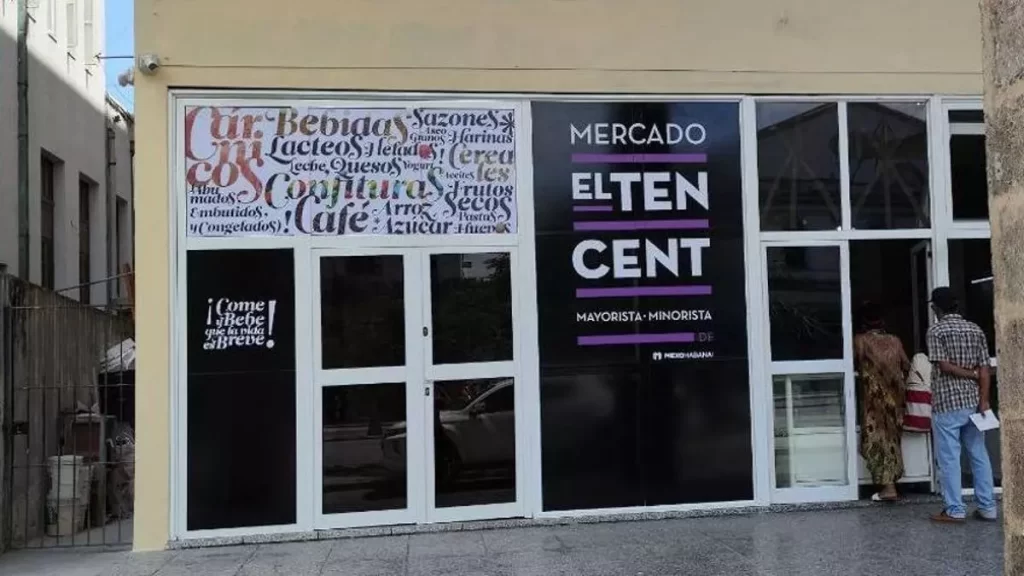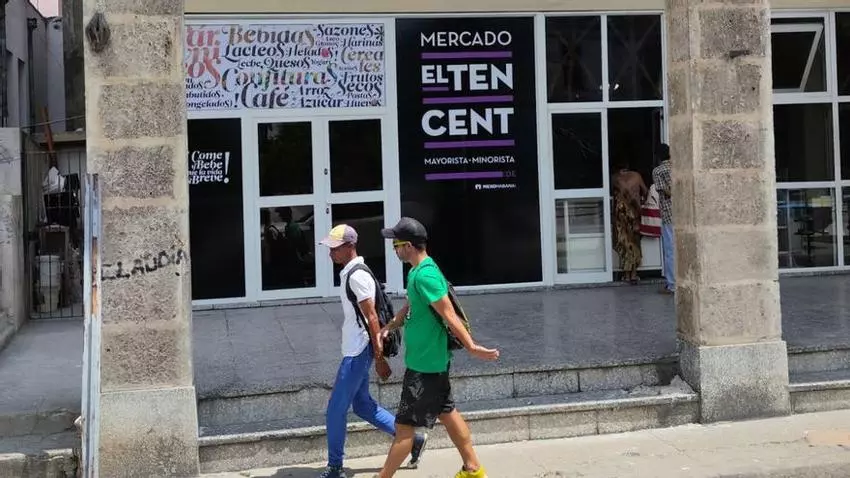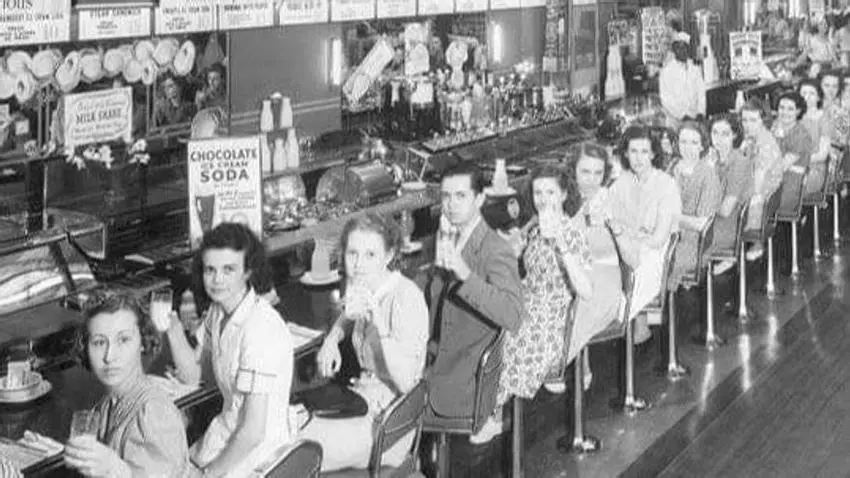Though replacing provincial leaders is something that happens fairly regularly, the sheer number of party cadres who have been removed from office recently suggests that top military officials are concerned about something.

![]() 14ymedio, Miguel Alejandro Hayes, Miami, May 2, 2024 — Something is going on up there. Over a dozen senior officials have been removed from office so far this year. Prominent on the list are party officials and governors in Havana, Santiago de Cuba, Matanzas, Holguín, Las Tunas and Cienfuegos.
14ymedio, Miguel Alejandro Hayes, Miami, May 2, 2024 — Something is going on up there. Over a dozen senior officials have been removed from office so far this year. Prominent on the list are party officials and governors in Havana, Santiago de Cuba, Matanzas, Holguín, Las Tunas and Cienfuegos.
The reason could be an issue common to each case that was of concern to the military leadership running the country. And considering that this elite group is motivated by money as well as the power to make even more money, one can surmise what interests the officials who were sacked may have been hindering.
The most important economic change that occurred in Cuba recently was the legalization of small businesses. Though these can be either private or state-owned, it is the former that predominate.
This change in the domestic economy has reduced economic centralization. Since they were legalized in 2021, small and medium-sized private businesses (MSMEs) have contracted with state agencies to purchase materials and resources, lease real estate, deliver goods and provide services. These formal business alliances come under the heading of Local Development Projects (PDLs). All of this is happening in a cooperative fashion, as public-private partnerships in which the “public” consists, to a large degree, of provincial governments and party officials. continue reading
MSMEs have gained greater economic importance and now play a larger strategic role in local life
Wealth creation, business financing and even foreign reserve earnings have been enhanced by the monetary flow between the private and public sectors. And it has happened without them necessarily having to rely on the country’s top leadership, much less on the military business community. As a result, MSMEs have gained greater economic importance and now play a larger strategic role in local life
That is why the creation of these new businesses, operating in conjunction with local power brokers, has led to a decentralization of decision-making authority in terms of state resources, creating new centers of power at the local level. In other words, economic decentralization.
The leaders of these new provincial fiefdoms are not about to change the system, however. And the cases of corruption that have come to light — the ones in Havana stand out due to the large number of them — are not an issue in and of themselves for a regime that promotes such practices as a means of individual survival.
The problem for the military elite is that the system only makes sense if they alone are in charge and do not feel threatened. Just because the private sector might be made up of trusted people, of people under their control, does not mean they will be allowed to get rich faster than the military business community itself. Party cadres will still be party cadres but they must not be allowed to become too important.
When it comes to power in Cuba, the thinking is that any form of decentralization is evil because it suggests a shift in the power dynamic, a relinquishing of decision-making to others, of allowing them to act unhindered by the establishment. And authoritarians always see self-autonomy as a threat.
That is why these actions by local officials suggest the beginnings of an economic counter-reformation. And though it is not an exact correlation, it so happens that the officials who were dismissed were from provinces where private-sector MSMEs and PDLs have had the greatest impact.
Unlike previous counter-reformations and purges that were purportedly aimed at rooting out corruption, this time the nation’s top leaders cannot afford to destroy the thing that is threatening them
In spite of everything, the private sector operates efficiently and effectively. In the domestic economy, it serves as a source of goods and services for consumers and provides something of a stimulus to the declining quality of life on the island.
Instead, the military can set limits on private MSMEs using the powers of the state. It can control them so that they do not shift the center of gravity yet take advantage of their results. To do this, they need the most trusted local officials, the ones who keep a low profile and do not have too many projects of their own. Officials with their own ambitions always pose a danger. That is why they are removed if they have to be removed.
____________
COLLABORATE WITH OUR WORK: The 14ymedio team is committed to practicing serious journalism that reflects Cuba’s reality in all its depth. Thank you for joining us on this long journey. We invite you to continue supporting us by becoming a member of 14ymedio now. Together we can continue transforming journalism in Cuba.





